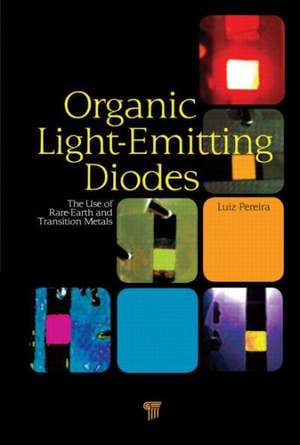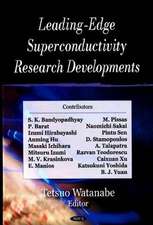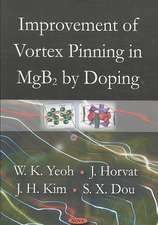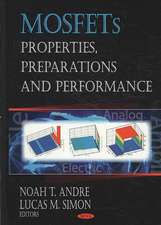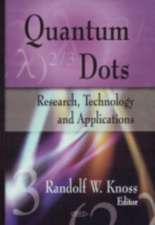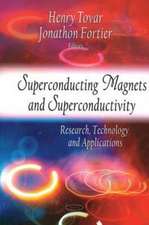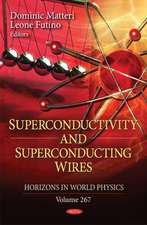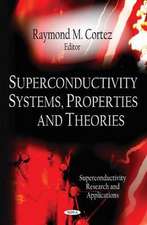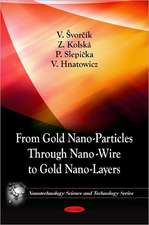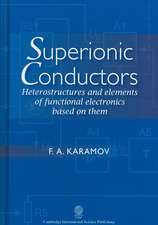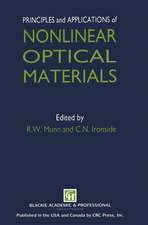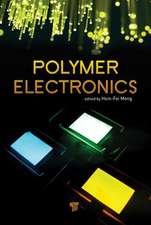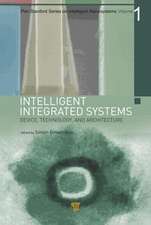Organic Light Emitting Diodes: The Use of Rare Earth and Transition Metals
Editat de Luiz F. R. Pereiraen Limba Engleză Hardback – 29 mai 2012
Preț: 896.89 lei
Preț vechi: 1093.76 lei
-18% Nou
Puncte Express: 1345
Preț estimativ în valută:
171.66€ • 185.30$ • 143.94£
171.66€ • 185.30$ • 143.94£
Carte tipărită la comandă
Livrare economică 19 aprilie-03 mai
Preluare comenzi: 021 569.72.76
Specificații
ISBN-13: 9789814267298
ISBN-10: 9814267295
Pagini: 364
Ilustrații: 123 b/w images
Dimensiuni: 152 x 229 x 23 mm
Greutate: 0.61 kg
Ediția:1
Editura: Jenny Stanford Publishing
Colecția Jenny Stanford Publishing
ISBN-10: 9814267295
Pagini: 364
Ilustrații: 123 b/w images
Dimensiuni: 152 x 229 x 23 mm
Greutate: 0.61 kg
Ediția:1
Editura: Jenny Stanford Publishing
Colecția Jenny Stanford Publishing
Public țintă
Academic and PostgraduateCuprins
Introduction. The Organic Light Emitting Devices Basics. Measuring the Optical and Electrical Properties of OLEDs. Rare-Earth (RE) Complexes: The Search for "Monochromatic" OLEDs. Transition Metal (TM) Complexes: The "Road" for High Brightness OLEDs. A Final Touch: New Research Perspectives.
Recenzii
"Organic light-emitting devices (OLEDs) have become a major area of research, especially in industries where the requirement of cheaper and more flexible displays and lighting sources has become a critical factor. This book contains valuable information about the use of rare-earth and transition- metal organic complexes in OLEDs and offers a fascinating way of joining inorganic and organic worlds together. The text is simple to read and presents important references for those who are interested in getting a deeper understanding of the subject."
—Prof. Marco Cremona, Pontifícia Universidade Católica do Rio de Janeiro, Brazil
—Prof. Marco Cremona, Pontifícia Universidade Católica do Rio de Janeiro, Brazil
Descriere
This book addresses the development of OLEDs based on rare-earth and transition metal complexes, especially focusing on europium, terbium, ruthenium, and rhenium. The idea is to explain how these organic materials can be used to build OLEDs. Taking into account the actual state of the art and the expected pathways, the book proposes further developments in the field. It presents intensive experimental results for a better explanation. This book is meant for scientists and engineers who work in this new OLED framework. It also has didactic utility for graduation students and teachers working on optoelectronics.
